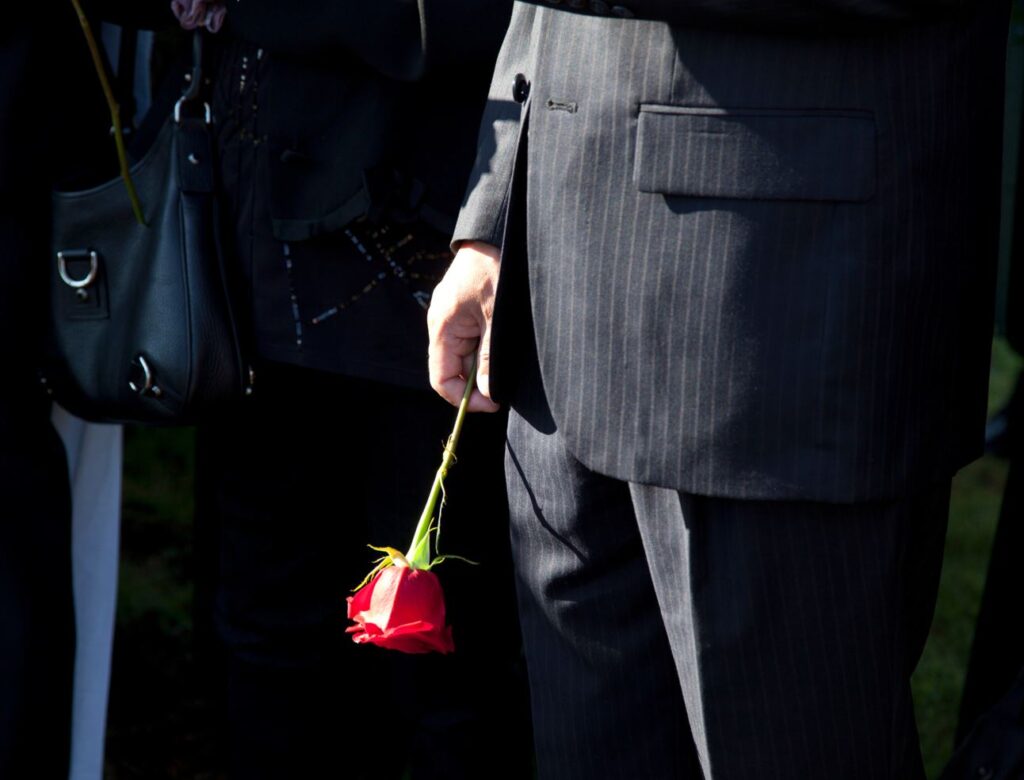Dealing with the sudden and unexpected death of a loved one can be an incredibly difficult and emotional experience.
It is common to go through a range of emotions and stages of grief as you process your loss and begin to move forward. Here is a summary of the stages of grief that you might experience:
Denial
In the immediate aftermath of a sudden and unexpected death, it can be difficult to fully accept what has happened. You might find yourself in a state of shock and disbelief, denying that the death has occurred or that it could have happened to someone you love.
Anger
As the reality of the death begins to sink in, you might experience feelings of anger and frustration. You might feel angry at the person who has died, or at the circumstances surrounding their death. You might also feel angry at yourself or others for not being able to prevent the death.
Bargaining
In this stage, you might find yourself trying to make deals or bargain with a higher power in an attempt to somehow change the outcome or bring your loved one back. You might find yourself thinking things like, “If only I had done X, Y, or Z, maybe things would have turned out differently.”
Depression
As the initial shock and intensity of the grief begins to wane, you might start to feel a deep sense of sadness and loss. This can manifest as feelings of hopelessness, worthlessness, or a lack of motivation. It is common to feel overwhelmed by the enormity of your loss and to have difficulty finding joy in things that you used to enjoy.
Acceptance
Eventually, you will likely reach a point where you begin to accept the reality of your loss. This doesn’t mean that you will stop feeling grief or that you will forget about your loved one, but it does mean that you will be able to move forward and find ways to cope with your loss. You might find that you are able to think about your loved one without feeling overwhelmed by sadness, and you might even be able to find moments of joy and happiness again.
It’s important to note that everyone experiences grief differently, and there is no “right” or “wrong” way to grieve.
It is also common for people to go back and forth between different stages of grief, or to skip certain stages entirely. It’s also important to seek support from friends, family, or a therapist if you are struggling to cope with your loss. With time and support, you will be able to move forward and find ways to honor and remember your loved one.
